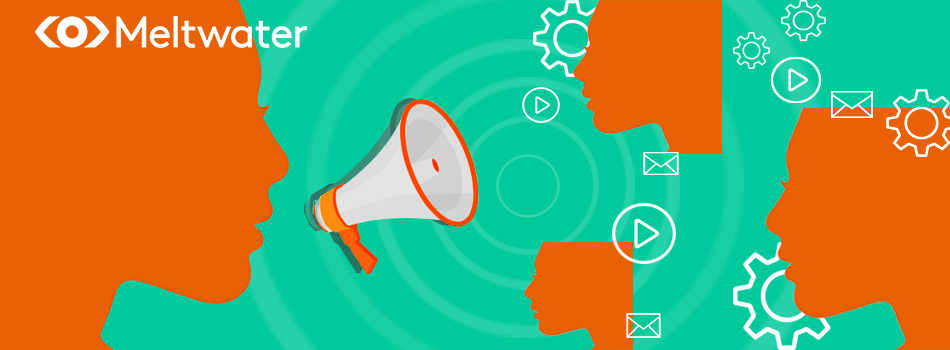*Originally published on the Meltwater blog here.
George Clooney shows how far he is willing to go for that incomparable Nespresso experience after refusing to give up his coffee pods in the new Nespresso campaign. Jennifer Aniston swaps First Class for Economy Class in the latest Emirates commercial to illustrate how comfortable the entire aircraft is, not just the premium cabins. Big name brand ambassadors certainly attract the attention of consumers, but what about using smaller names for a smaller budget and brand – does it have the same impact as celebrity influencer marketing?
Smaller brand, smaller budget
We all wish celebrity endorsement for our business was possible, but for most it just isn’t feasible. Now smaller brands on smaller budgets can partner with less famous people who still have a wide-spread influence. The ‘micro-influencer’ is inexpensive (in relative terms), effective, and just what your brand needs if you’re not in a position to hire Mr. Clooney or Jen Aniston. The main objective of an ambassador is to extend the reach and awareness of your brand though more “authentic” channels; here’s how:
1. Advocating
Consumers are 92% more likely to trust their peers over advertising when it comes to purchasing decisions. In addition, the chances of positive feedback being talked about is significantly larger than the chance of sharing negative experiences . Evidently, you need to get people talking about your brand, and what better way to do it than getting someone trusted and influential to start the conversation and steer it in the right direction.
As a starting point for your micro-influencer marketing strategy, try scrolling through your follower list on Instagram and find people who represent characteristics in-line with your brand – anywhere between 1 000 and 50 000 followers means they have significant reach. If they are already a fan of your brand they shouldn’t need too much convincing to get on-board. If you are not interested in scouting micro-influencers manually, Meltwater can help.
2. Saving
Consumers are looking for reliable recommendations and genuine referrals. They’re used to looking at sponsored advertisements and promoters who are clearly getting paid. Advocates who truly believe in the brand are more likely to recommend it to friends without being compensated, so try aim to recruit people who already tie in with your brand. Most micro-influencers would be happy with discounts and perks – but if you are paying them per post, costs still tend to be lower.
3. Humanizing
Simply put, people buy from people. Celebrities may make waves by grabbing global attention, but people really believe a neighbour who highly recommends a product because they know it’s a genuine referral and not money-driven. Micro-influencers are that neighbour. They have the ability to personalise brand experiences that highway billboards and television commercials do not. This builds trust around your brand and results in more loyal customers who are likely to stick to your brand and recommend it to their circle.
For instance, local South African blogger and Instagrammer @candibod gets it. Candice is the clean-eating, exercise-freak with a healthy following of 23,6k users. Her high level of active engagement (she replies to every comment individually, answers questions, likes and follows back) and obvious passion for fitness and health has attracted some major South African brands. She is powerful micro-influencer for Adidas SA and Cotton On, as well as Sweat 1000and Wazoogles, and has also gone on to team up with brands such as Gilette, Venus, and many others. Candice posts easy recipes next to images of delectable plates of food in between lifestyle shots and the occasional motivational quote. Her humble attitude (and love for ice-cream) make every follower feel like a friend. This is what connecting brands to customers in 2017 is all about.
“The best marketing doesn’t feel like marketing.”
Most consumers are bombarded daily with different advertisements and marketing campaigns which are all intended to get people to buy something. Consequently, consumers have developed a distrust of major corporate brands and advertising in general. There are plenty of advantages of having micro-influencers on board, such as sincere advocacy, personalisation of products, promotion of authenticity and credibility, and ultimately saving costs and driving sales.
Meltwater’s Engage software helps businesses quickly identify social media micro-influencers talking about their brand in order to easily cultivate new social relationships. In an age where everything’s impersonal, dare to be different.





